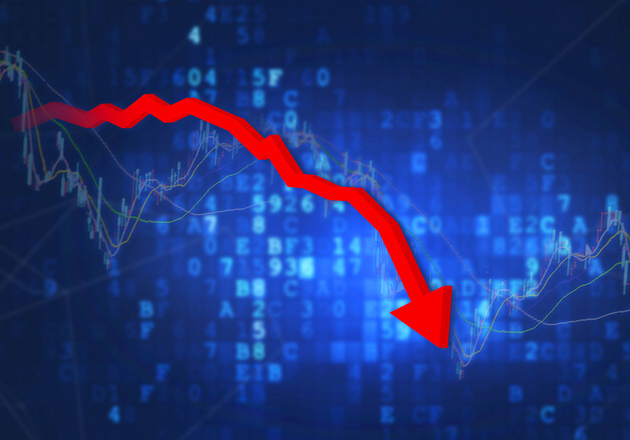
Photo/Shetuwang
Sept. 12 (NBD) -- Chinese tech behemoth Tencent Holdings Ltd. (0700.HK) repurchased shares for a third day for HK$39.0 million (5.0 million U.S. dollars) on Tuesday, after the company bought back its stock for the first time in four years on September 7.
The tech giant has spent HK$851.8 million (108.5 million U.S. dollars) repurchasing a total of 272,700 shares.
Tencent's share price has declined continually since March this year.
In March 2018, South African internet and media group Naspers, which was the largest shareholder of Tencent, sold 2 percent of its stake in the tech company for about HK$80 billion (10.2 billion U.S. dollars).
Also in the month, Lau Chiping, president and executive director of Tencent, offloaded 1 million shares of the listed giant at a price of HK$434.36 (55.3 U.S. dollars) per share on average.
Tencent's stock closed at HK$308 (39.2 U.S. dollars) Tuesday, marking a drop of approximately 35.3 percent from its peak of HK$475.72 (60.6 U.S. dollars) in January this year.
The share price fall is believed to be a combined result of the following three factors.
First, a possible escalation of trade tensions between China and the U.S. arouses investors' concerns over economic development in the future, which has led to a fall in stock prices of overseas-listed Chinese companies such as Alibaba, NetEase, Sina and Baidu.
Second, Tencent's worse-than-expected financial performance for the first half of 2018 discourages investors. According to the company's financial results for the period, Tencent generated 147.2 billion yuan (21.5 billion U.S. dollars) in revenue, representing a year-over-year rise of 39 percent but 5.13 percent lower than Bloomberg's forecast.
It is worth noting that its second-quarter profits declined by 2 percent from a year ago to 17.9 billion yuan (2.6 billion U.S. dollars), its first ever drop in quarterly profits in nearly 13 years. In the quarter, Tencent's revenue from online games, the largest revenue contributor, decreased by 12 percent to 25.2 billion yuan (3.7 billion U.S. dollars), which the company said was caused by users' shift to its non-monetised tactical tournament games, timing of new game launches and weaker seasonality.
Finally, the tightened regulations over online games drove down the company's earnings from the game business.
On August 30 of 2018, Chinese authorities released a plan to restrict the number of new online games and the time that teenagers spend playing games.
The company was required to launch a real-name registration system for users of Honor of Kings and limit users' time in the game play. In addition, Tencent terminated on Monday its popular poker video game "Everyday Texas Hold'Em" as Chinese regulator strengthened supervision over online chess and card games which could easily tumble into gambling activities.
Apart from Tencent, e-commerce company Alibaba Goup announced last Friday that it will further buy back its American depository shares from the open market, which is part of the Group's share repurchase program launched last year.
On May 18 of 2017, Alibaba Group unveiled a two-year share buyback plan worth a total of 6 billion U.S. dollars.
Alibaba's stock has dropped 25 percent since this June.
Email: zhanglingxiao@nbd.com.cn


 川公网安备 51019002001991号
川公网安备 51019002001991号





